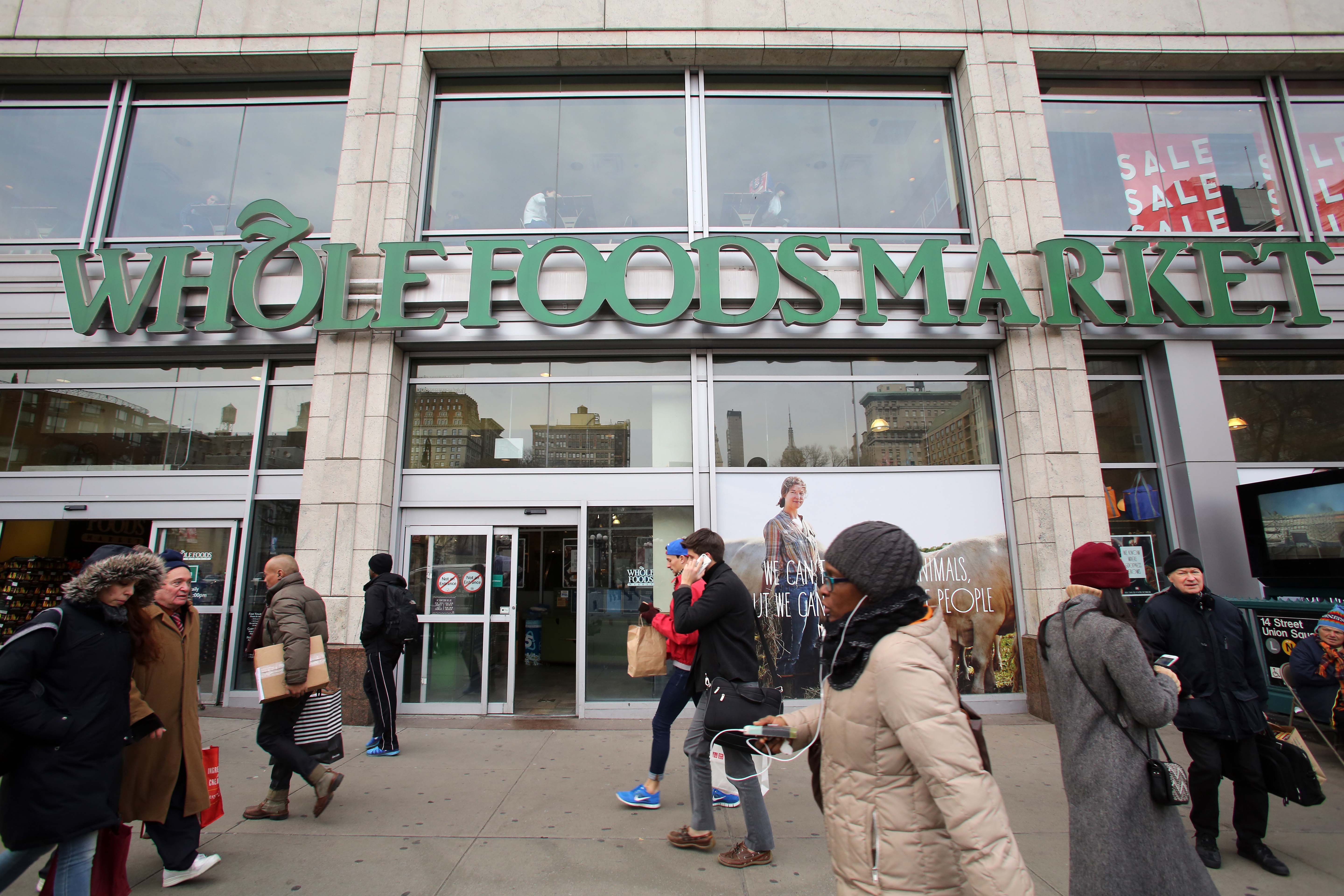
Whole Foods Market’s shares rocketed 28% following Amazon’s announcement that it plans to acquire the grocery store chain for $42 a share in a deal valued at $13.7 billion. But what does the move mean for the future of the industry and is this a good fit for either of these leading brands? We canvassed the views of a global M&A expert, a leading data science company and a foodservice consultant to gauge what the move may herald for the wider industry.
“This is the clearest indication that Amazon intends to be a serious player in grocery retail – and is a significant wake-up call for grocery retailers in the North America and the UK,”says Harsha Wickremasinghe, associate at international M&A experts Livingstone. “ It also highlights that Amazon clearly believes that in order to achieve long-term success in the grocery category, it is essential to have a bricks-and-mortar presence,” says Wickremasinghe.
“It is widely known that Amazon has been scouting for prime-central London locations as part of its move into grocery retail in the UK. Exactly 12 months since the launch of Amazon Fresh in the UK, and in one fell-swoop, the online giant will now have nine supermarkets in the UK – seven of which are London-based.
“Whole Foods’ proposition also has an excellent fit with the typical London-based Amazon Prime Customer. The UK grocers have downplayed Amazon’s impact on their sector to date, but this latest move should have them genuinely looking over their shoulder.”
When algorithms meet avocados
According to Florian Douetteau, CEO of data science company, Dataiku, the acquisition will “revolutionise retail” meaning the offline world will be introduced to advanced data science and therefore signally a step-change for everyday consumers.
“The new Amazon-Whole Foods will bridge a massive brick-and-mortar retailer with arguably the most advanced retail data science company in the world,” says Douetteau. “Amazon’s online retail business is built on optimising customer purchasing, relationships, recommendations, pricing, and much more, by using the most innovative data science and machine learning/AI technology. Meanwhile, Whole Foods has built a brand that evokes trust and engenders loyalty. What will happen to the grocery industry when algorithms meet avocados?”
Clearly the acquisition raises as many questions as it does offer a tantalising glimpse into the future of retail. There could also be, according to one leading foodservice consultant, benefits for the health of the consumer, and potentially for farmers and growers too.
John Turenne FCSI, president of Sustainable Food Systems in Wallingford, Connecticut, US, believes the move is a positive thing for the organic/natural food industry.
“I think it is a very positive indication that the demand for sustainable food continues to grow. People are fighting back against bad food. The fact that companies of this scale and savvy are making this investment, validates the core principles of the good food movement,” he says.
Infrastructural capacity
Turenne does, though, offer caution on exactly how farmers and growers might benefit from the move. “This could be a double-edged sword. On the one hand, it could increase opportunities for farmers who have the infrastructural capacity to provide the product to Amazon/Whole Foods, but care must be taken to avoid lowering the fair price paid to the farmers,” says Turenne.
Amazon may be the most advanced retail data science company in the world, but Whole Foods have built a brand based on trust and engendering loyalty. So how might the two complement each other? “Bloomberg reports that Amazon wants to shed Whole Foods’ “Whole Paycheck” image and make it more competitive with larger retailers like Walmart. If this happens, affordable organic food could become the rule, rather than the exception—and find its way into more kitchens than ever,” says Turenne.
“By joining forces with an organic grocer like Whole Foods, Amazon is poised to bring natural and organic food directly to more Americans than ever, at prices that could be more competitive with conventional foods,” he says.
The acquisition is certainly an intriguing proposition for the sector and could well spark off more M&A activity in its stead.
Michael Jones
